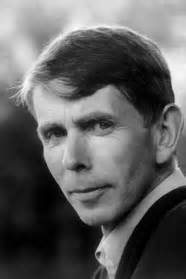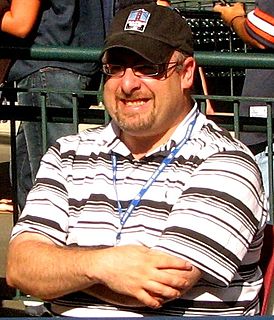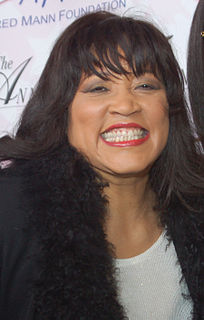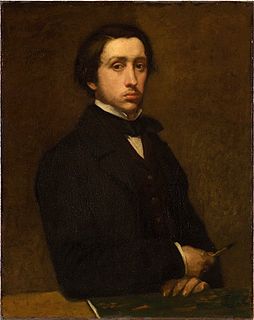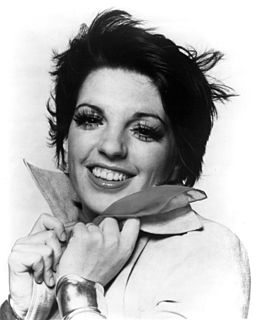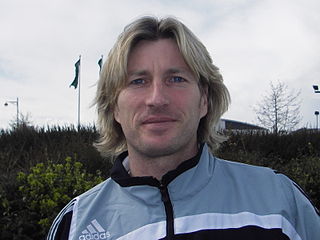A Quote by Ronald Frame
Some people say that you should read people who think completely differently from you so that everything you read and everything that they say is a challenge to you but there's something to be said for reading people where you think, 'Yes, that's how I would have said it if I could have found the words for it'.
Related Quotes
I've never written a fiction before about real people. . . . I read everything that I could find by people who met them and tried to get some impression of them, but as always when you write fiction, even if you have completely fictitious characters, you start by thinking of what is plausible, what would they say, what would they be likely to do, what would they be likely to think. At some point, if it is every going to come to life, the characters seem to take over and start speaking themselves, and it happened with [COPENHAGEN].
People have proven over and over that they will read if they are given something they like. The problem with reading is not reading, its that almost everything out there sucks. For so long, publishing has been run by a cartel of snobby pseudo-intellectual failed writers, and the resulting output has reflected not what the market wants, but what they think people are supposed to read.
I never need to find time to read. When people say to me, ‘Oh, yeah, I love reading. I would love to read, but I just don’t have time,’ I’m thinking, ‘How can you not have time?’ I read when I’m drying my hair. I read in the bath. I read when I’m sitting in the bathroom. Pretty much anywhere I can do the job one-handed, I read.
My art, what do you want to say about it? Do you think you can explain the merits of a picture to those who do not see them? . . . I can find the best and clearest words to explain my meaning, and I have spoken to the most intelligent people about art, and they have not understood; but among people who understand, words are not necessary, you say humph, he, ha and everything has been said.
I read," I say. "I study and read. I bet I've read everything you read. Don't think I haven't. I consume libraries. I wear out spines and ROM-drives. I do things like get in a taxi and say, "The library, and step on it." My instincts concerning syntax and mechanics are better than your own, I can tell, with all due respect. But it transcends the mechanics. I'm not a machine. I feel and believe. I have opinions. Some of them are interesting. I could, if you'd let me, talk and talk.
As a historically voracious reader - pre-baby, I averaged a book every week or two, and when I was a kid, I'd routinely read a book a day - I never understood how some people could not read. When I heard people say they didn't have time to read, in my head, I simultaneously pitied and ridiculed them: there was always time to read.
I don't think we need a critic to negotiate with the audience. People say, "Who are you writing for?" I'm writing for myself but my audience is anybody who knows how to read. I think a story should engage anybody who knows how to read. And I hope that my stories do, maybe on a different level for more sophisticated readers than, say, a high school kid, but still a story has got to grab you. That's why we read it.
I read everything. I'll read a John Grisham novel, I'll sit and read a whole book of poems by Maya Angelou, or I'll just read some Mary Oliver - this is a book that was given to me for Christmas. No particular genre. And I read in French, and I read in German, and I read in English. I love to see how other people use language.
